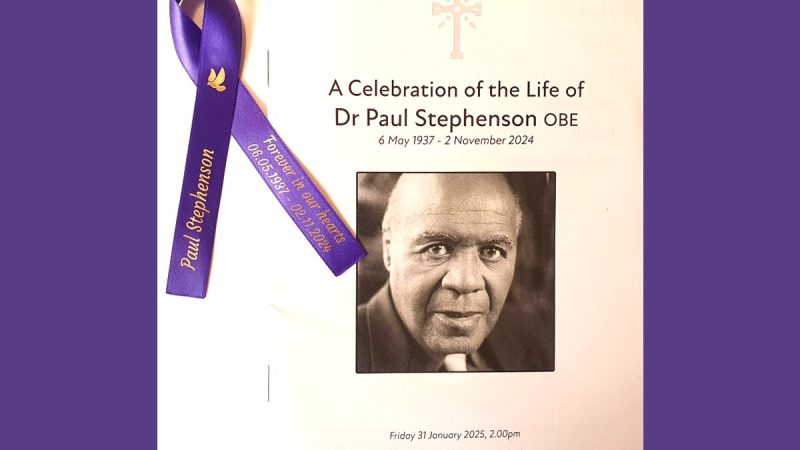NHS chief pledges ‘head office’ will match diversity of health service

NHS Chief Executive Sir Simon Stevens yesterday unveiled a new commitment to ensure that the health service’s ‘head office’ is representative of the wider workforce at all levels of seniority.
Speaking at a meeting of NHS England and NHS Improvement’s black and minority ethnic (BME) staff network in Doncaster yesterday, Sir Simon pledged actions to achieve a target of 19% representation at every pay band within the joint organisation by 2025 – matching the makeup of the wider NHS.
Actions to achieve the new goal include new support and guidance for recruiting managers, new recruitment processes, enhanced development programmes, and use of data to target specific improvements.
Achieving the ambition will mean almost 1,000 more staff from BME backgrounds will be in senior roles at the centre of the NHS by 2025, and the NHS chief believes this will act as an example to the hundreds of other local organisations across the health service.
The pledge comes weeks after the latest NHS Workforce Race Equality Standard 2019 report found that very NHS trust in London now has at least one BME board member, and the number of very senior managers from BME backgrounds across the service has already increased by 30%.
Sir Simon yesterday said:
“Diversity in leadership brings benefits for everyone – both employees and patients.
“Greater innovation, access to a wider pool of talent, and it means a better place to work, with even greater impact.
“That’s why NHS England and NHS Improvement are practising what we preach, with a determined acceleration of our own work on leadership diversity.
“It’s also our ambition that this new and stretching goal not only benefits us here at NHS England and NHS Improvement, but also is matched by equivalent action by every other health service employer across England – a key plank of our plan to make the NHS the best place to work.”
Currently, BME staff make up 17% of NHS England and NHS Improvement staff, up from 14% in 2017.
19% or more staff in six out of 13 pay bands for permanent roles in the organisation are from a BME background, including 23% of medical grade posts.
However, the target is not currently being met in the most senior pay bands (Bands 8a-d, 9 and ESM), with representation ranging from 7% amongst director-level roles to 14% for the NHS England and NHS Improvement Boards.
Data provided in the annual WRES report will be used to further break down the disparities and provide employment figures – including the breakdowns of applicants for jobs – across every NHS region and directorate.
Tailored, aspirational targets have been established for BME staff to be proportionately represented by each of the 227 NHS trusts and other NHS employers in five-year plans which set out goals to increase BME representation.
Simon Stevens was joined in discussing this by Prerana Issar, NHS chief people officer, and Yvonne Coghill and Dr Habib Naqvi, director and deputy director for WRES.
Through the Workforce Race Equality Standard, established in 2015, the NHS has already begun to make progress in addressing these issues from the perspective of BME staff, and as part of the Long Term Plan additional funding was allocated to extend its work to 2025.
Dr Habib Naqvi, NHS Workforce Race Equality Standard deputy director yesterday said:
“The NHS is at its best when it reflects the diversity of the country at all levels. We have set ourselves the ambitious challenge of ensuring representation in our organisations is reflective of the overall BME workforce across the NHS.
“To be a model employer, we need to be an inclusive employer – embodying a diverse workforce at all levels and bringing the wealth of experience and perspective for delivering the best outcomes for all communities that we serve.”
Data from the 2019 NHS WRES report shows:
- Across all NHS trusts, there were 16,112 more staff from BME backgrounds compared with 2018;
- 8.4% of NHS trust board members were from BME backgrounds, up from 7% in 2017;
- An improvement in the past two years in BME candidates’ likelihood to be successful in job interviews in the health service;
- The chances of BME staff being taken through disciplinary action have reduced year on year.
The focus will now be on providing accelerated, intensive support to increase the recruitment of BME staff at senior levels. This includes the Model Employer strategy, launched in January 2019 to improve leadership diversity, and further action is expected as part of the upcoming NHS people plan.
Click to download the NHS Workforce Race Equality Standard 2019 report




